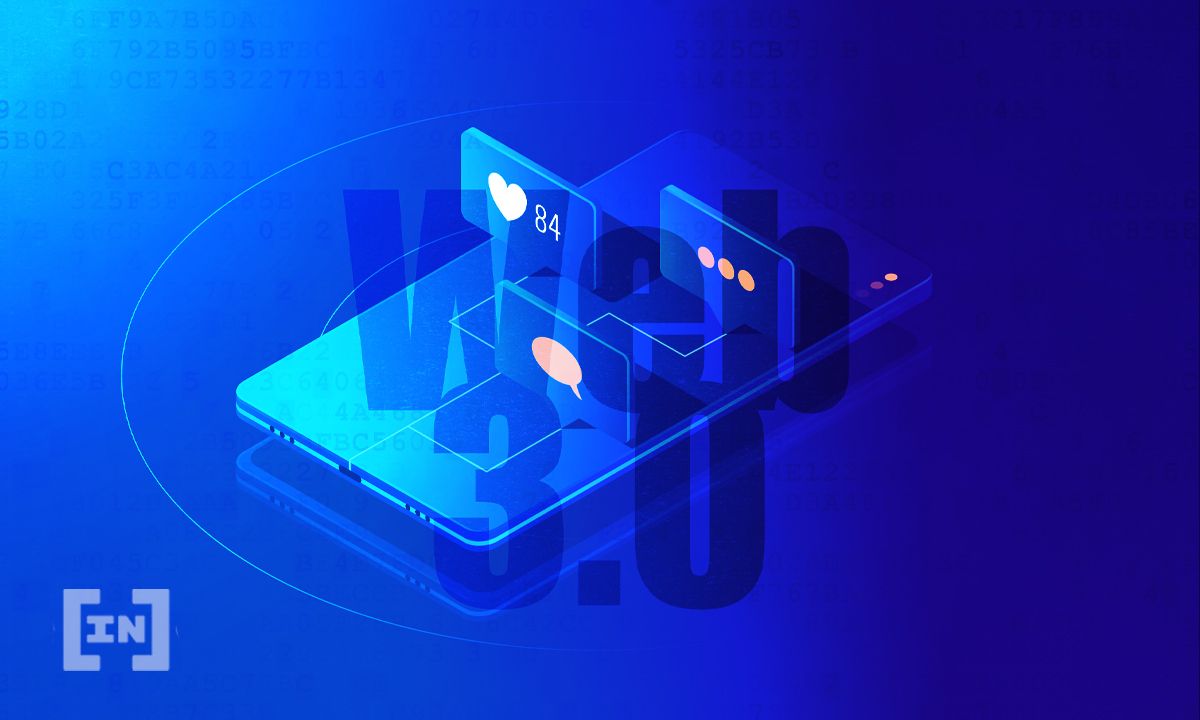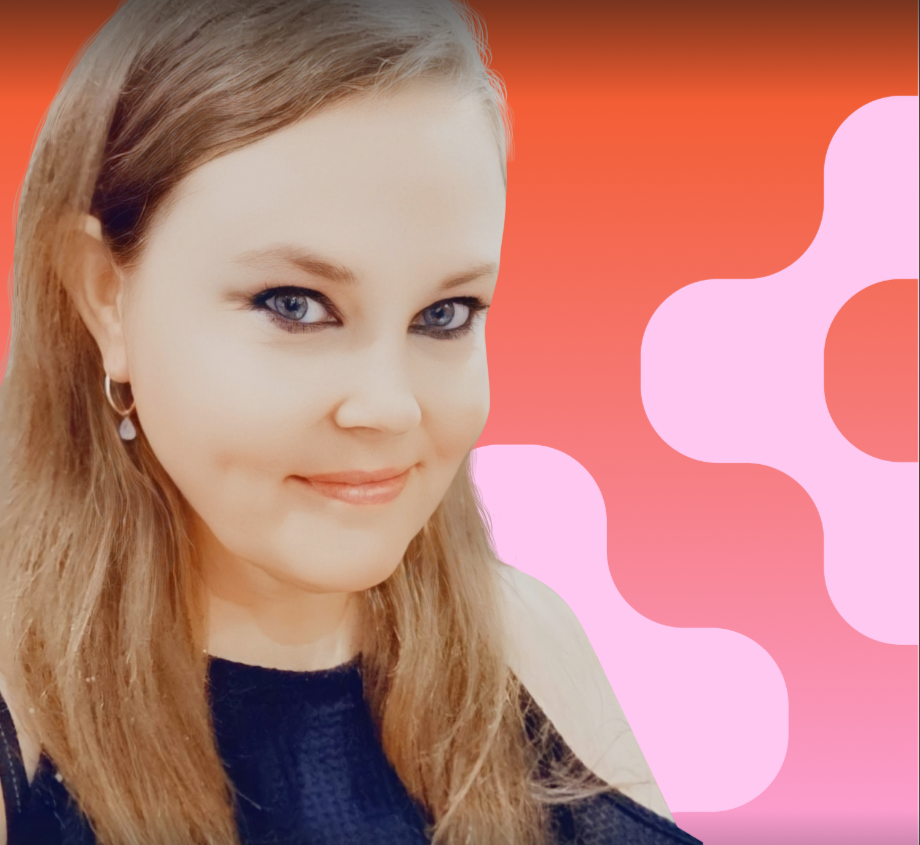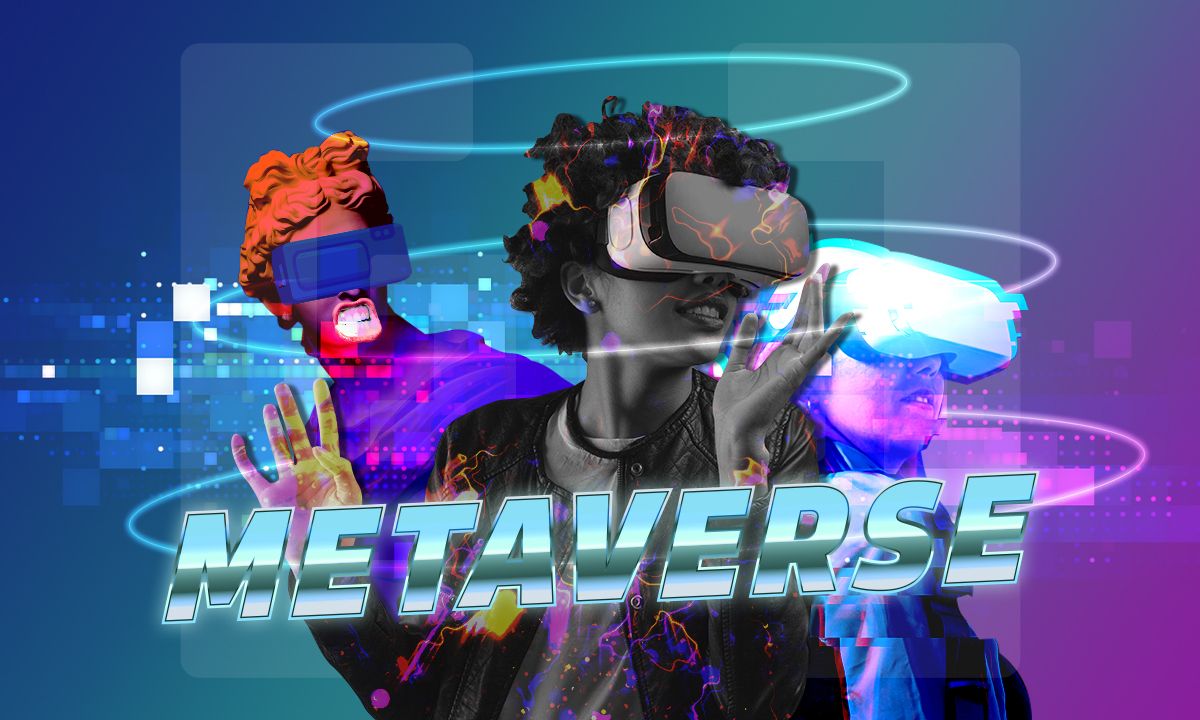The Metaverse is firing up as 2021 is winding down. 2021 was a year in which hybrid working and remote jobs have become a thing, thanks to the pandemic. The idea that we might all be working in the Metaverse soon seems way more possible now. But what does this mean in working reality?
What is the metaverse?
We probably think of science fiction first. The term metaverse was first used in the 1991 science fiction novel Snow Crash by Neal Stephenson.
There the metaverse is represented as a kind of virtual, global reality. Users, represented as avatars, colonize a virtual world. The metaverse is therefore not a game, it is not about profit or loss. Rather, it represents a real alternative to the physical world, a digital reality of its own. Let’s call it all-encompassing, a virtual reality that can expand to all aspects of our physical reality.
Of course, this is also evident in the world of work. Because that also means that the world of work that we follow on our laptops in Web 2.0 is mapped in 3D in the metaverse.
By and large, the Metaverse, along with other digital innovations, can help us make the way we work more productive. The world of work is being outsourced to a certain extent, on a virtual level. Today, thanks to the digital possibilities of Web 2.0 and the new reality of the Covid-19 pandemic, we are seeing an increase in hybrid-working employees. This has long been widespread, especially in the crypto industry.
Web 3.0 will differ from today’s web in that it actually represents an all-encompassing digital level and various professional groups can find themselves in it.
Web 3.0 and the metaverse might expand to the point that it offers an alternative to the physical world. Then, Web 3.0 will generate significantly more income than we know from today’s web.
The economic power of the new world
One of the many institutional investors in the Metaverse is Greyscale, the largest cryptocurrency asset manager in the world.
The Greyscale Bitcoin Trust comprises approximately 3% of the circulating supply of Bitcoin. In Greyscale’s Metaverse Report, the asset manager analyzes the economic power of Web 3.0. It particularly emphasizes the so-called play-to-earn (P2E) system. Players can sell their services, art or other content in free games.
The report also highlights various niches and projects that are likely to be significant in the future. It can be stated that revenues in and through the metaverse will increase sharply according to Greyscale.
With the work in the Metaverse we could, in the broadest sense, also make our society work more productive. Common standards and protocols that incorporate different virtual worlds and extended realities into a single, connected metaverse could help us work together and avoid duplication. The technical and monetary possibilities seem endless.
Greg Cross is a self-proclaimed tech nomad and co-founder of tech company Soul Machines. He recently stated in a blog post that “at some point in the future, maybe people may create a digital version of themselves or multiple versions of themselves. They can then go out and do things to make money for you or your business, all while doing something else.

Workers in the new frontier
Critics of such Artificial Intelligence (AI) approaches insist that digital workers could take over some jobs. But according to Cross, these will create more jobs than they take. At the end of the process there will always be someone who makes the final decisions. They will oversee the digital workforce and fix bugs. According to Cross, digital solutions will not complement but reinforce specialists. Just think of teachers or employees in the healthcare sector.
There are several active ways for users to earn money through play-to-earn games. Game universes such as Fortnite, Roblox, Decentraland, The Sandbox or Minecraft are already implementing these today.
In-app purchases with your own game tokens enable the trading, acquisition and sale of digital assets. Trading and selling NFTs will be part of the Metaverse.
Aside from the enormous economic opportunities, there are other obvious benefits to moving work and employment areas into the metaverse. This applies in particular to the hybrid working environment that has been created due to the pandemic. More immersive experiences in the Metaverse could also help overcome some of the challenges of the current home office status quo, such as zoom fatigue.
Data protection and identity
The metaverse is still in its infancy because the technology still has to mature. Several potential pitfalls and problems must be overcome if the concept of working in the Metaverse is ever to prevail and become a success. Some of the most fundamental problems, especially with decentralized metaverse, relate to trust, privacy, and identity.
When it comes to data protection for employees, the trend is moving more and more towards the metaverse. Digital projects can combine biometric data as well as verified copies of government ID documents. NFTs promise to be able to give users an identity basis in the metaverse. The attributes that are included in the NFT depend on the will of the user. Someone might want to confirm their age in the metaverse (in order to get a certain job, for example). So they can simply refer to their NFT. Such a system hints at regulation in a digital world. Which moves it away from an anarchic image of the metaverse.
When can we expect the metaverse?
Meta’s CEO Mark Zuckerberg estimates that it could take 5-10 years for the main features of the Metaverse to become established. Some aspects of virtual reality already exist, but technically the metaverse is still in its infancy. Some things already exist: Permanent online worlds. Players can walk through the landscape with avatars. You can shift a large part of your life from the physical to the virtual world. Virtual reality headsets and fast broadband speeds already exist.
We will get to know the metaverse better. The question is how soon? The day is coming soon when the first users pursue their professions in the metaverse – the virtual representation of our world.
Disclaimer
Following the Trust Project guidelines, this feature article presents opinions and perspectives from industry experts or individuals. BeInCrypto is dedicated to transparent reporting, but the views expressed in this article do not necessarily reflect those of BeInCrypto or its staff. Readers should verify information independently and consult with a professional before making decisions based on this content. Please note that our Terms and Conditions, Privacy Policy, and Disclaimers have been updated.


